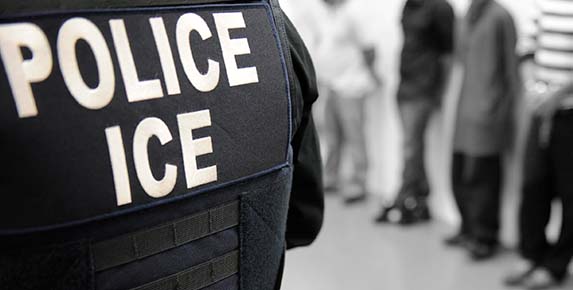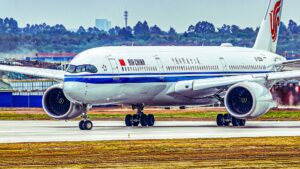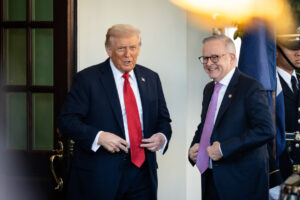
South Korea’s foreign ministry has expressed concern following a significant immigration enforcement operation at a Hyundai manufacturing plant in the United States. During the raid, conducted by U.S. Immigration and Customs Enforcement (ICE) and other federal agencies, more than 475 individuals, primarily Korean nationals, were detained. This operation is reportedly the largest single-site enforcement action in the history of Homeland Security Investigations (HSI).
The raid, which unfolded under a judicial search warrant, was described by HSI Special Agent in Charge Steven Schrank as the culmination of a prolonged criminal investigation. Schrank stated during a press conference that the operation involved extensive evidence gathering, interviews, and documentation, leading to the court’s approval of the search warrant. He emphasized that this was not a typical immigration sweep, but rather a meticulously planned investigation aimed at uncovering illegal employment practices.
Schrank noted, “This was not an immigration operation where agents went into the premises, rounded up folks, and put them on buses. This has been a multi-month criminal investigation…” He added that the investigation remains active, and no criminal charges have been filed as of yet.
The operation has drawn international scrutiny, particularly towards the immigration enforcement practices of the Trump administration. In a related legal ruling, a federal judge recently declared that President Donald Trump’s deployment of National Guard troops to Los Angeles to address mass protests against ICE was illegal. Critics have also accused ICE of detaining U.S. citizens during enforcement actions.
The implications of this raid extend beyond the immediate legal ramifications. South Korean officials are now closely monitoring how this situation may affect their nationals working in the U.S., particularly in light of the heightened tensions surrounding immigration policy. The South Korean government is engaging with U.S. officials to ensure the rights of its citizens are protected.
As the investigation continues, both the U.S. and South Korea will likely face ongoing discussions regarding immigration enforcement and its impacts on international relations. The situation highlights the complex dynamics between immigration policies and the rights of foreign nationals employed within the United States.
This incident serves as a reminder of the historical context of immigration enforcement in the U.S., dating back to significant moments such as the first assembly of the Continental Congress convening in Philadelphia on September 5, 1774, to protest governmental overreach, and the enactment of conscription laws in France on September 5, 1798, reflecting longstanding tensions between authority and individual rights.
As developments unfold, both governments will need to navigate these sensitive issues carefully to maintain diplomatic relations while addressing domestic legal frameworks concerning immigration.







